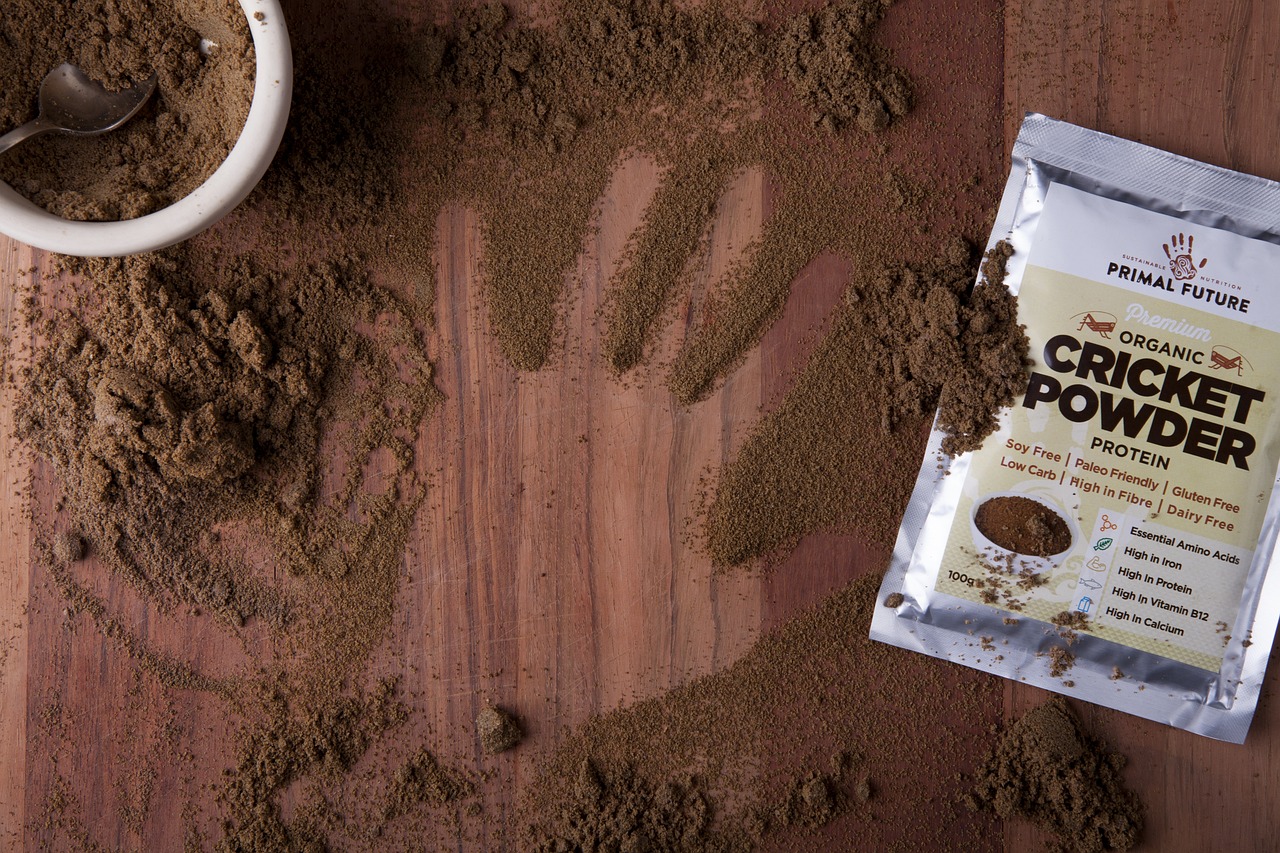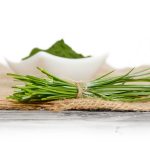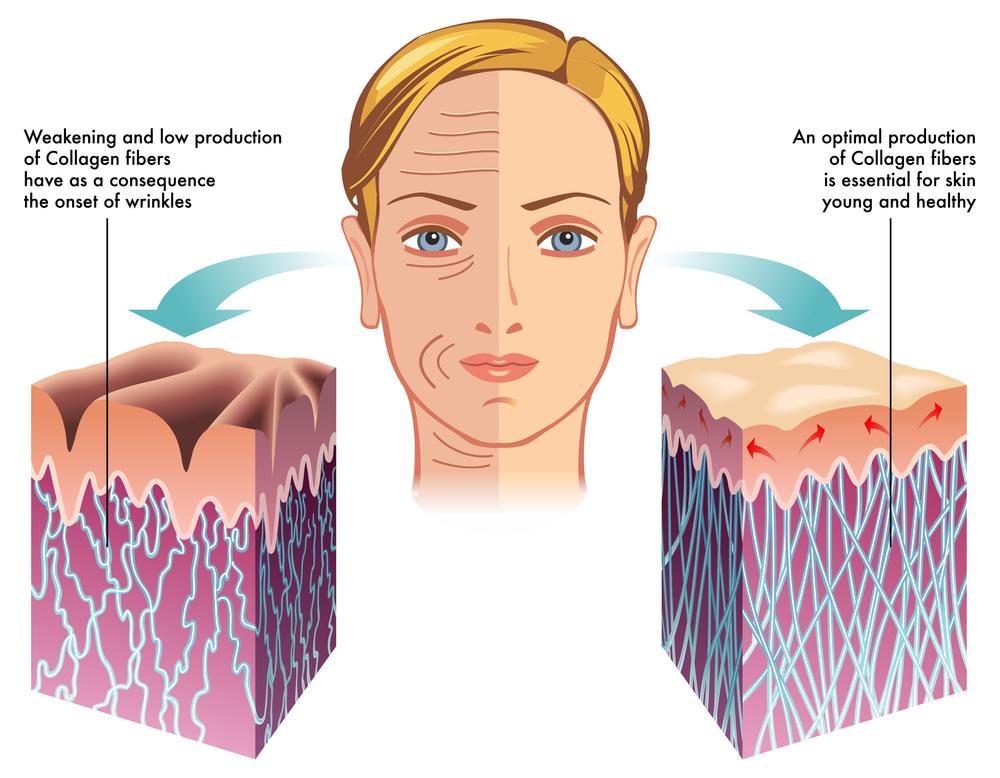For individuals who are not obtaining sufficient protein from food sources, incorporating vegan protein powder into their diet can be an effective solution. This type of protein powder may be particularly advantageous for individuals following plant-based diets or individuals such as athletes who require a higher protein intake and are seeking a non-animal-based protein powder.
Picking a suitable vegan protein powder might seem like a balancing act, as you desire a palatable taste (which can be hard to achieve with vegan protein powders) along with the ability to seamlessly mix it into your smoothie, protein shake, or other usages. There is a wide range of vegan protein powders available, such as hemp, pea, soy, rice, and blends of various plant-based protein sources. Their protein content and amino acid profiles are contingent on the protein source and ingredients.
Pea Protein
One of the main advantages of pea protein is that it is a complete protein, meaning it contains all of the essential amino acids that the body needs to function properly. Essential amino acids are the building blocks of proteins and are vital for maintaining and repairing tissues, such as muscles and bones. Pea protein is particularly rich in the amino acids lysine, arginine, and leucine, which are important for muscle growth and recovery.
Another advantage of pea protein is that it is a good source of iron, potassium, and other minerals. Iron is essential for the production of red blood cells and the transport of oxygen throughout the body. Potassium is important for maintaining proper fluid balance and supporting healthy blood pressure. Additionally, pea protein is low in fat and cholesterol, making it a healthy option for those looking to maintain a healthy diet.
Soy Protein
For those on a plant-based low-carb diet, soy is a beneficial source of protein as it has a high content of protein and a low amount of net carbs, which sets it apart from other legumes. It is advisable to opt for non-highly processed soy products like edamame, tofu, soybeans, tempeh, rather than soy protein powders and other similar products.
Why is protein important?
Repairing muscle tissue after exercising is one of the primary functions of protein, which constitutes more than 43% of your muscles. This underscores its significance for maintaining good health by aiding in the prevention of chronic ailments and ensuring flexibility, which is essential for everyday chores like carrying groceries or little ones (although, preferably not simultaneously!)
It is essential for your well-being to ensure that you consume sufficient amounts of the nutrient considered one of the three primary macronutrients, along with carbohydrates and fat.
How much protein do you need?
The recommended protein intake by the NHS for UK adults is 50g per day, but if you intend to enhance your muscle mass or recover sufficiently after intense exercise, your daily protein consumption should exceed this amount. As per Anita Bean, an acclaimed nutritionist, a suitable protein quantity to consume per meal is approximately 20g, resulting in a total of 60g or more daily.
According to a Nutrients study, the recommended protein intake may be inadequate, particularly for individuals who frequently engage in physical activities.
According to nutritionist Jenna Hope, individuals who regularly exercise for at least 150 minutes per week should consume approximately 1.2 to 1.5g of protein per kg of body weight each day, while athletes will require even higher amounts. Therefore, for a woman who is highly active and weighs 65kg, her daily protein intake should range from 78g to 97.5g.
Purium offers a variety of plant-based protein powders to suit different tastes and nutritional needs:
- Power Shake: Power Shake is a nutrient-dense, plant-based protein shake that contains a blend of organic ingredients, such as spirulina, wheatgrass, and rice bran solubles. It provides 12 grams of protein per serving, making it an excellent option for a quick and easy protein boost.
- MVP Sport: Specifically designed for athletes and active individuals, MVP Sport is a plant-based protein powder that delivers 32 grams of protein per serving. It features a blend of organic pea protein, organic brown rice protein, and organic pumpkin seed protein. MVP Sport also includes essential amino acids and branched-chain amino acids (BCAAs) to support muscle growth and recovery.
- L.O.V. Super Meal: L.O.V. Super Meal is a complete, nutrient-dense meal replacement that provides 20 grams of plant-based protein per serving. It contains organic ingredients like pea protein, quinoa, and millet, along with a blend of superfoods, vitamins, and minerals.
Is vegan protein better than whey?
Ever since protein powders became popular as a beneficial post-workout supplement, whey-based formulas have been highly regarded as the best option. The reason for this is that some individuals claim that plant proteins are inadequate since they are not considered “complete” and lack at least one of the essential amino acids that dairy-based products contain.
A recent publication in the Journal of the International Society of Sports Nutrition has revealed that brown rice, a plant-based protein, may be just as efficient as whey in protein synthesis. Despite being incomplete, consuming various plant-based proteins such as vegetables and legumes can form complete proteins.









